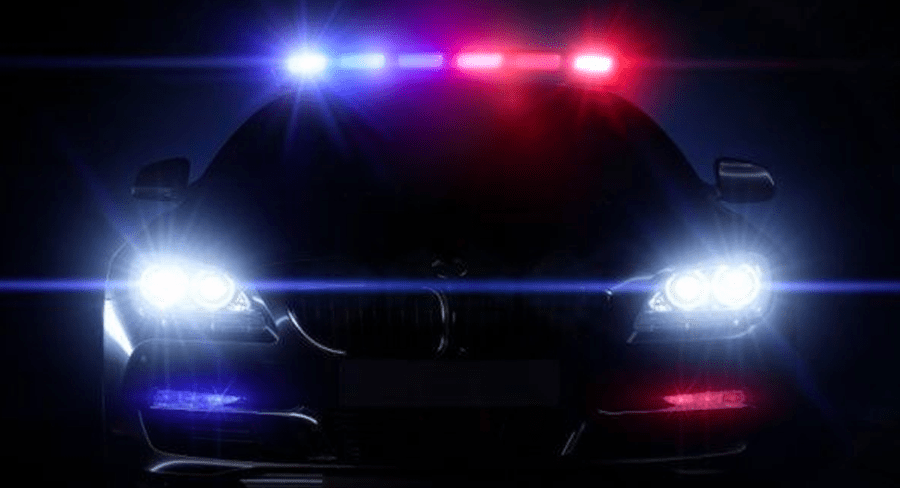Technology Used To Expedite Warrant For Blood Testing
WILLIAMSON COUNTY, Texas (KXAN) A new statewide system to expedite the blood draw warrants for DWI’s is in the testing phase. The new technology is expected to change the way drunk driving stops play out in the state.[/vc_column_text][vc_column_text]This week, representatives from Law Enforcement Advanced DWI/DUI Reporting System (LEADRS) trained municipal court judges in Leander and Liberty Hill on the technology.
The new online reporting system will enable an officer in the field to send a DWI blood search warrant directly to a judge.
“The time from the stop, to the blood draw, is cut down exponentially,” said Sgt. Ryan Doyle with the Leander Police Department.
Sgt. Doyle says a DWI stop from start to finish can take four to six hours, and tracking down a judge to physically sign a search warrant can take at least an hour.
Unlike Travis County, Williamson County does not have a magistrate at the jail around the clock. When Sgt. Doyle arrests a DWI suspect, he drives them to the jail, and if there is no judge on hand, he releases the suspect to the jail, leaves the jail, drives to a judge’s house or meets them somewhere so they can sign the warrant. All of this must happen before the suspect is taken to a hospital for a blood-alcohol test.
In addition, part of Leander is in Travis County, so in those situations, Sgt. Doyle must drive a DWI suspect to the Travis County Jail before a DWI blood warrant can be signed. Depending on the time of day and traffic, a DWI suspect can be sitting in the back of a police car for quite some time, especially in bumper-to-bumper Austin traffic.
With the new software, an officer will be able to stay at the scene of the DWI stop, send the blood warrant to the judge electronically, and the judge can review it, sign it and send it back electronically.
“We can get a blood draw much closer to the time of driving, and create a much more effective case for court,” said Sgt. Doyle.
Local DWI attorney Steve Bowling questions the convenience.
“When you have a warrant there and the judge has a question then the officer isn’t there right in front of him to point to it and ask, ‘What is this about?’ so the officer can expand on it more,” said Bowling.
He also worries a judge may not give an electronic warrant the same attention.
“I believe they will be more thorough just because it’s new technology and I know it will be challenged,” said Sgt. Doyle.
Municipal court judges in Liberty Hill and Leander have been trained on the software, and will be some of the first judges to test it out.
After the pilot program, the technology should be available for all magistrates in Texas.
